An Introduction to African Turbans
Turbans have long been an essential part of African culture, symbolizing a blend of tradition, spirituality, and fashion. For African women, particularly those who practice Islam, the turban is more than just a headpiece; it is a marker of identity, modesty, and style. As fashion evolves, so too does the turban, with modern ready-to-wear (RTW) variations now offering convenience without sacrificing cultural authenticity.
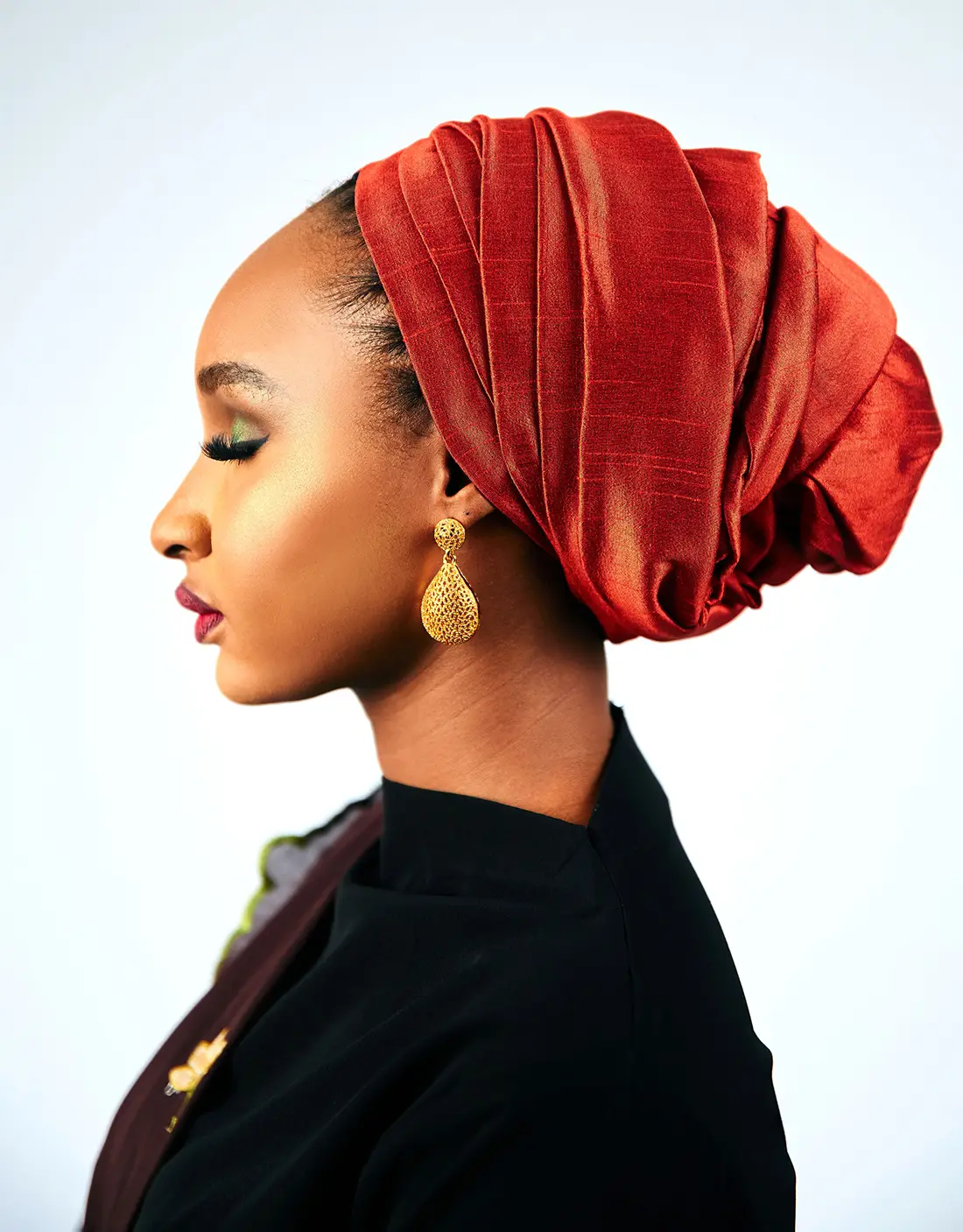



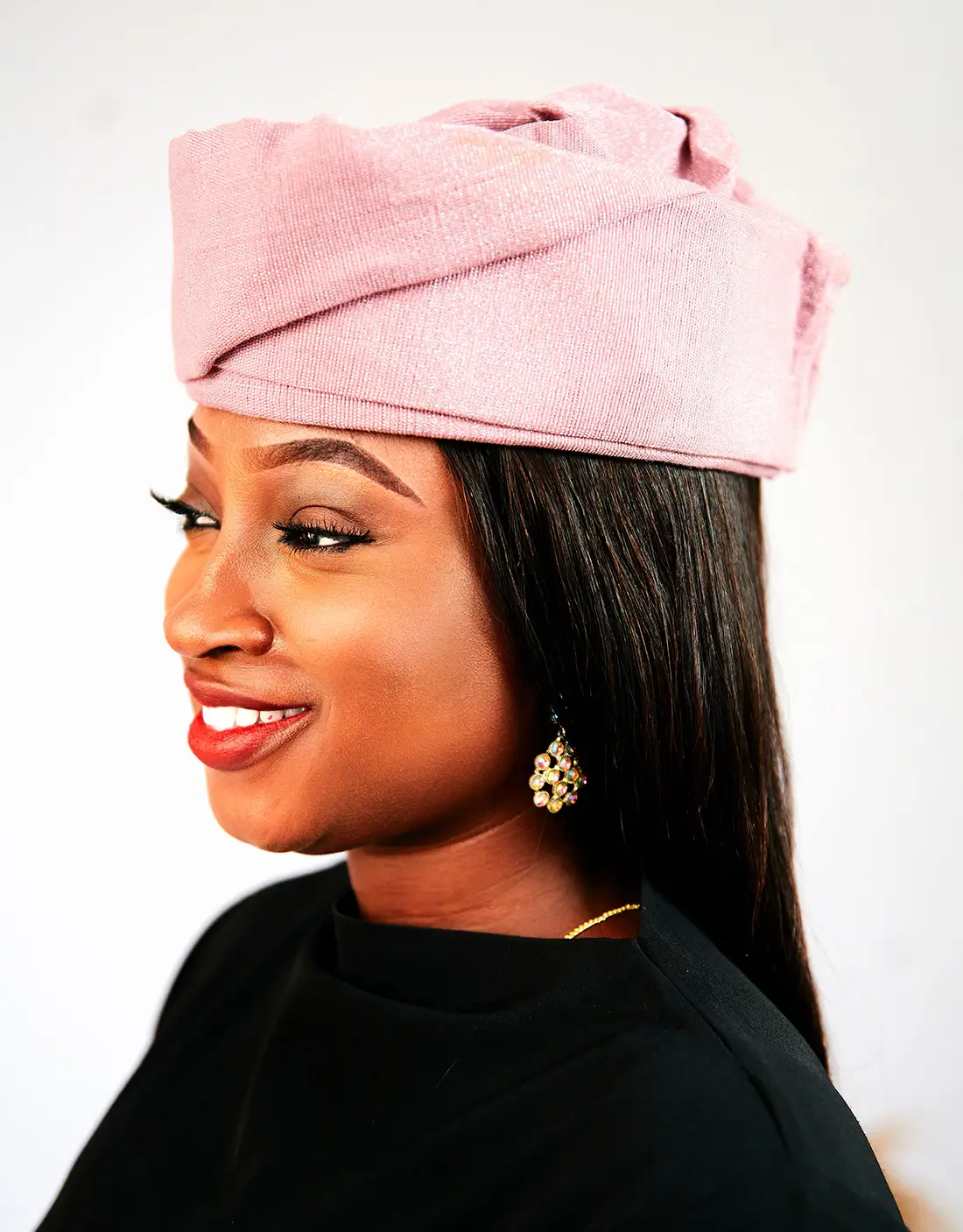
Cultural significance
The designs on the Hula are often symbolic and have significant cultural and religious meanings. For example, some caps feature Islamic calligraphy or motifs that represent important values such as wisdom, courage, and humility. Other designs may include geometric patterns, flowers, animals, or even political slogans.
The Hula is not only a cultural symbol but also an important part of traditional attire. It is commonly worn by men, both young and old, as a sign of respect and honor. It is often paired with a traditional robe known as a Babban riga or Agbada, which completes a traditional West African outfit.
A Cultural and Spiritual Symbol
In many African societies, turbans are deeply embedded in cultural and religious practices. Among Muslim African women, turbans are often worn as a demonstration of faith and adherence to religious customs.
The act of covering one’s head is associated with modesty, humility, and respect in Islam. For women, turbans represent dignity and privacy, offering a means to express their cultural and religious identity with pride.
Regional Variations and Styles
Across Africa, the style and significance of turbans can vary greatly. In West Africa, for example, in Nigeria alone the turban is known by many names and is styled in various ways:
- Gele: Particularly popular among Yoruba and Igbo women, the Gele is an elaborate headwrap that can be styled in numerous ways. It is often worn for special occasions and symbolizes elegance and pride.
- Dan Kwali: Among the Hausa women, turbans are commonly worn and are often paired with traditional attire, showcasing a blend of cultural heritage and personal style.
These regional variations highlight the diverse ways in which the turban is embraced across African cultures, each adding its unique touch to this timeless accessory.
Embracing Tradition in a Modern World
The popularity of RTW turbans reflects a broader trend of blending tradition with modern convenience. For the modern African woman, particularly those in the diaspora, RTW turbans offer a way to stay connected to their cultural roots while navigating a contemporary lifestyle. These turbans are perfect for professional women who seek to balance their cultural identity with their day-to-day commitments.
Many women in the diaspora cherish their cultural heritage but may not have had the opportunity to learn the traditional techniques of turban tying. RTW turbans provide a solution, allowing them to embrace their culture with ease and confidence. By incorporating RTW turbans into their wardrobes, many African women can effortlessly maintain their cultural heritage while enjoying the benefits of modern fashion.
At Sonjiki, we are proud to offer a collection of RTW turbans that celebrate the rich cultural heritage of Africa, designed for the modern, professional African woman. Explore our collection and find the perfect turban to suit your style and honor your traditions.
The Rise of Modern Ready-to-Wear Turbans
As lifestyles become busier, and as many individuals are raised outside of their cultural contexts, the demand for more convenient yet stylish options has led to the rise of modern ready-to-wear (RTW) turbans. These turbans are pre-styled, allowing wearers to achieve a polished look with minimal effort, and are especially beneficial for those who may not have been taught the traditional methods of turban tying.
At Sonjiki, our RTW turbans offer a range of styles that honor traditional aesthetics while providing contemporary convenience:
- Zahra Cap: Inspired by the Nigerian Arewa Zara Cap, our Zahra turban is available in classic colors like black and pink. It’s perfect for those who want to blend tradition with modernity.
- Gele Style: Our burnt orange Gele style turban mimics the elaborate wraps seen in Nigerian culture, making it an excellent choice for special occasions.
- Pleated Turban Cap: This blue turban cap features intricate pleats that add a touch of elegance, ideal for both everyday wear and more formal events.
- Black Net Design: With a faux front knot, this black net turban is a versatile piece that combines sophistication with ease.

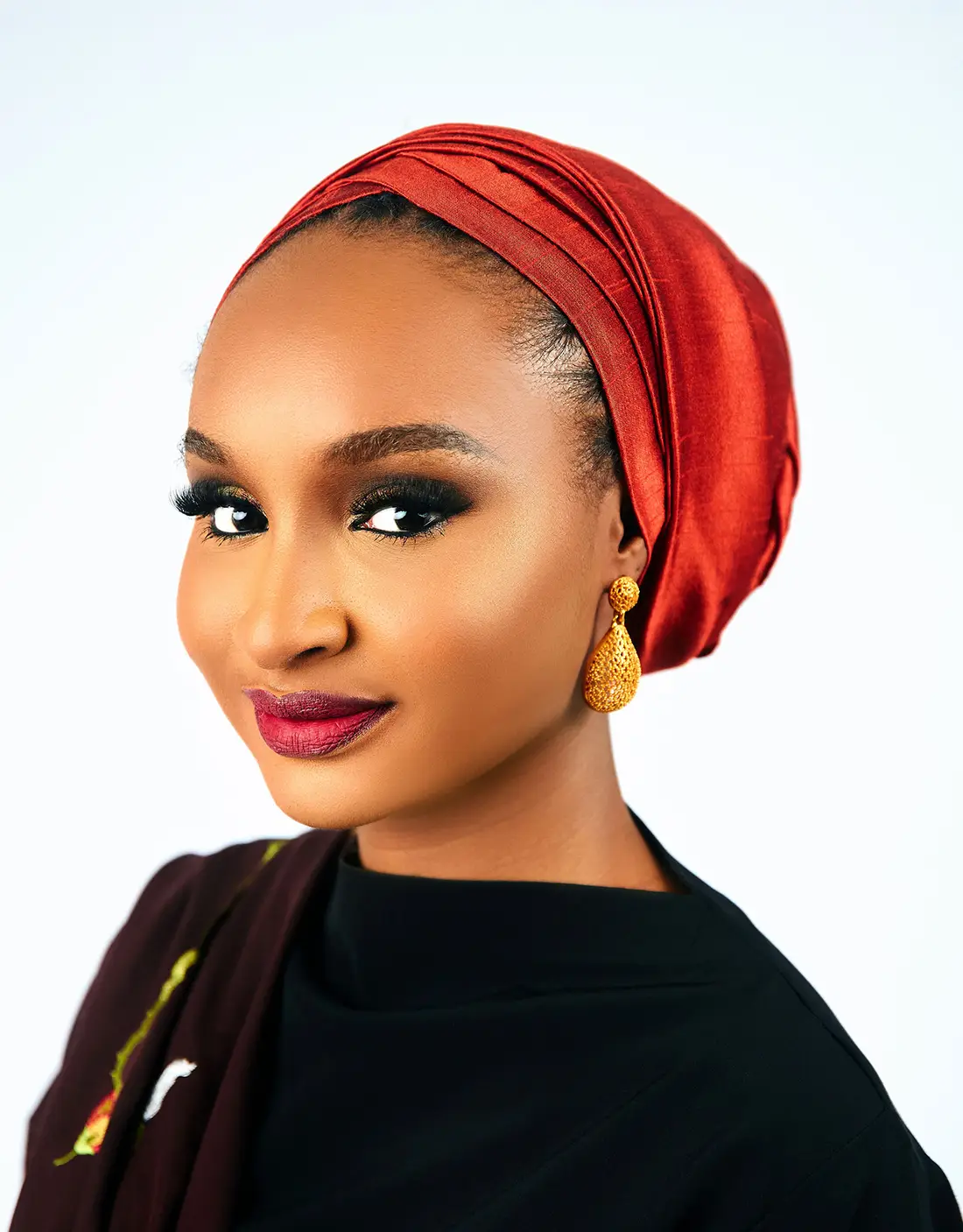
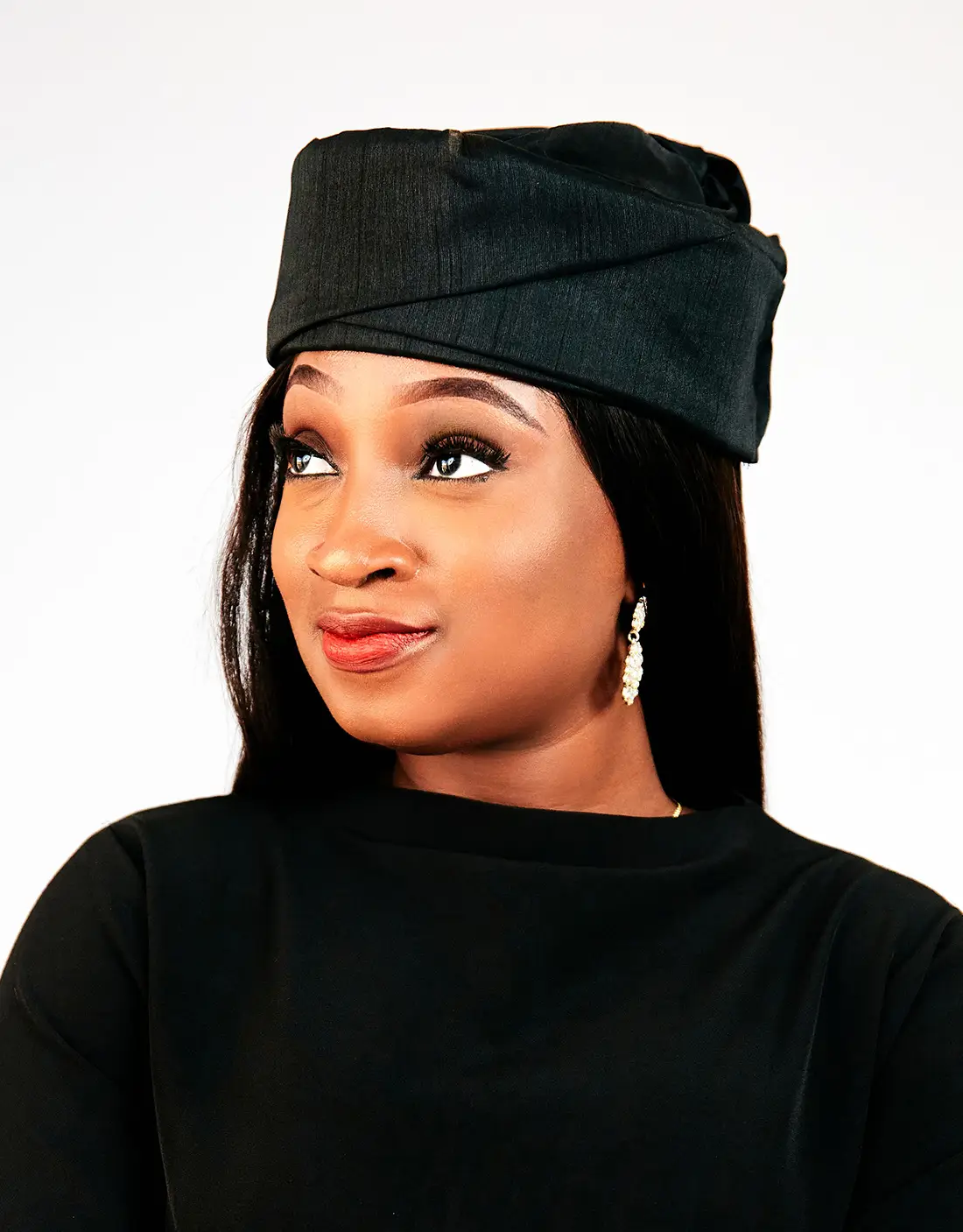


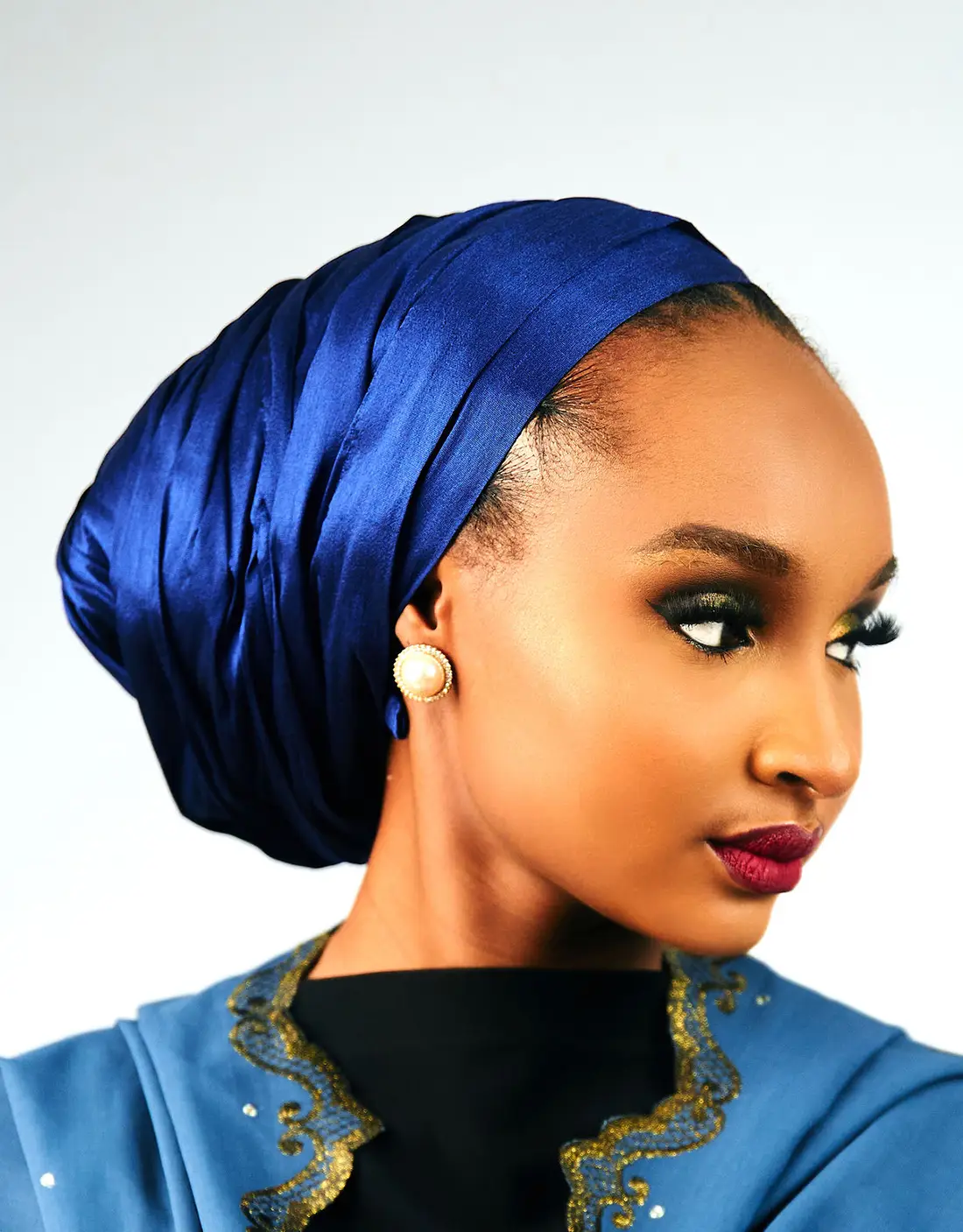

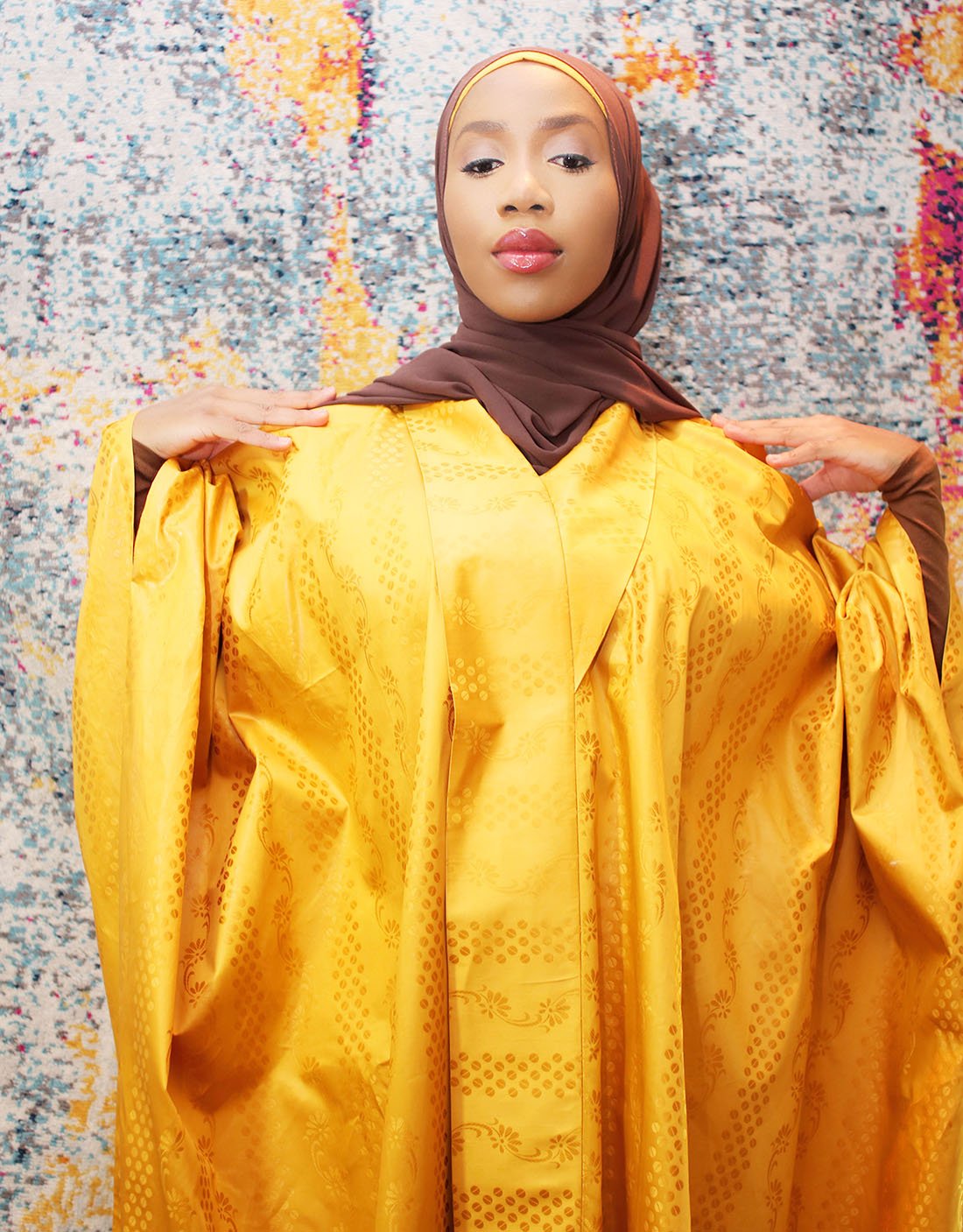


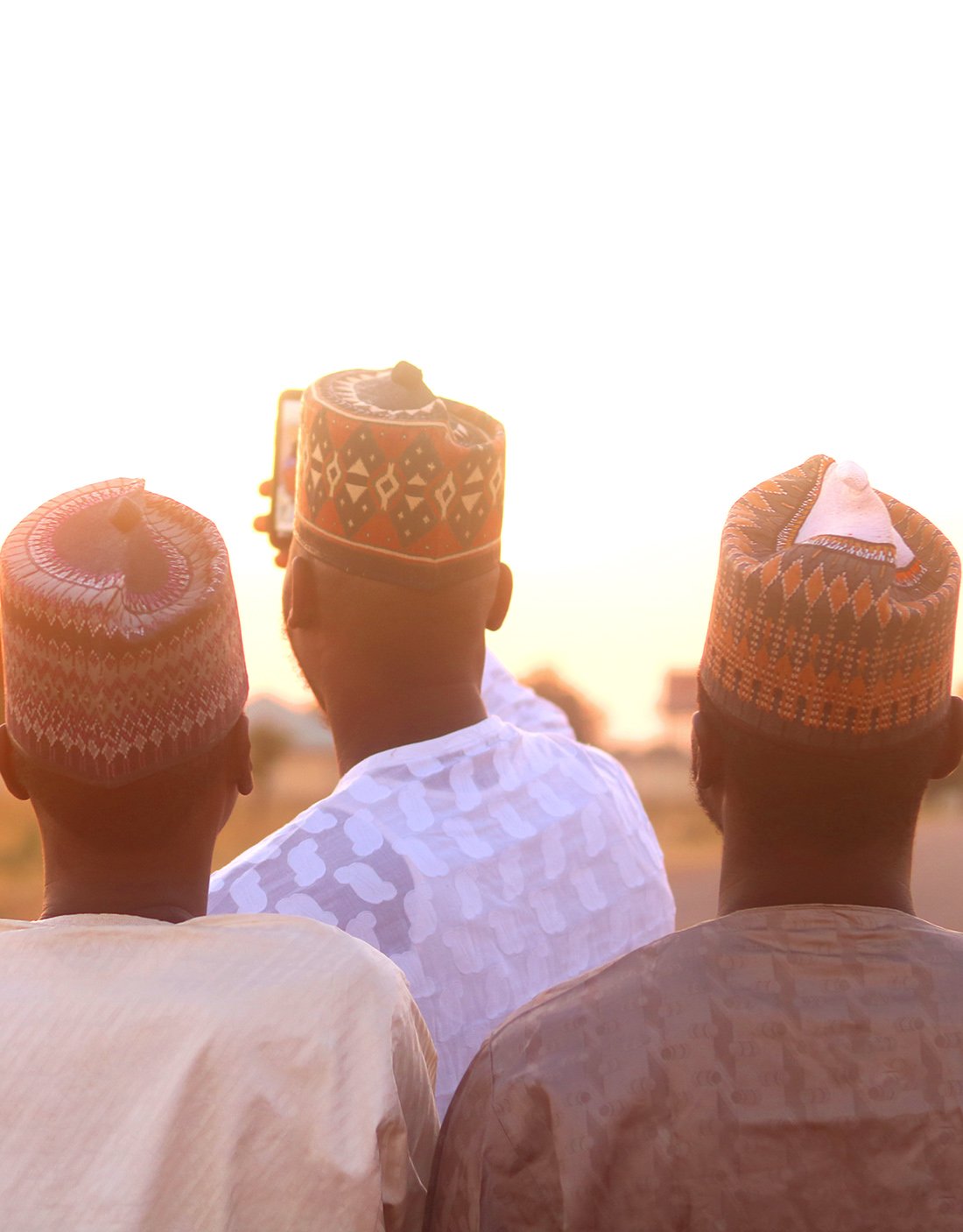
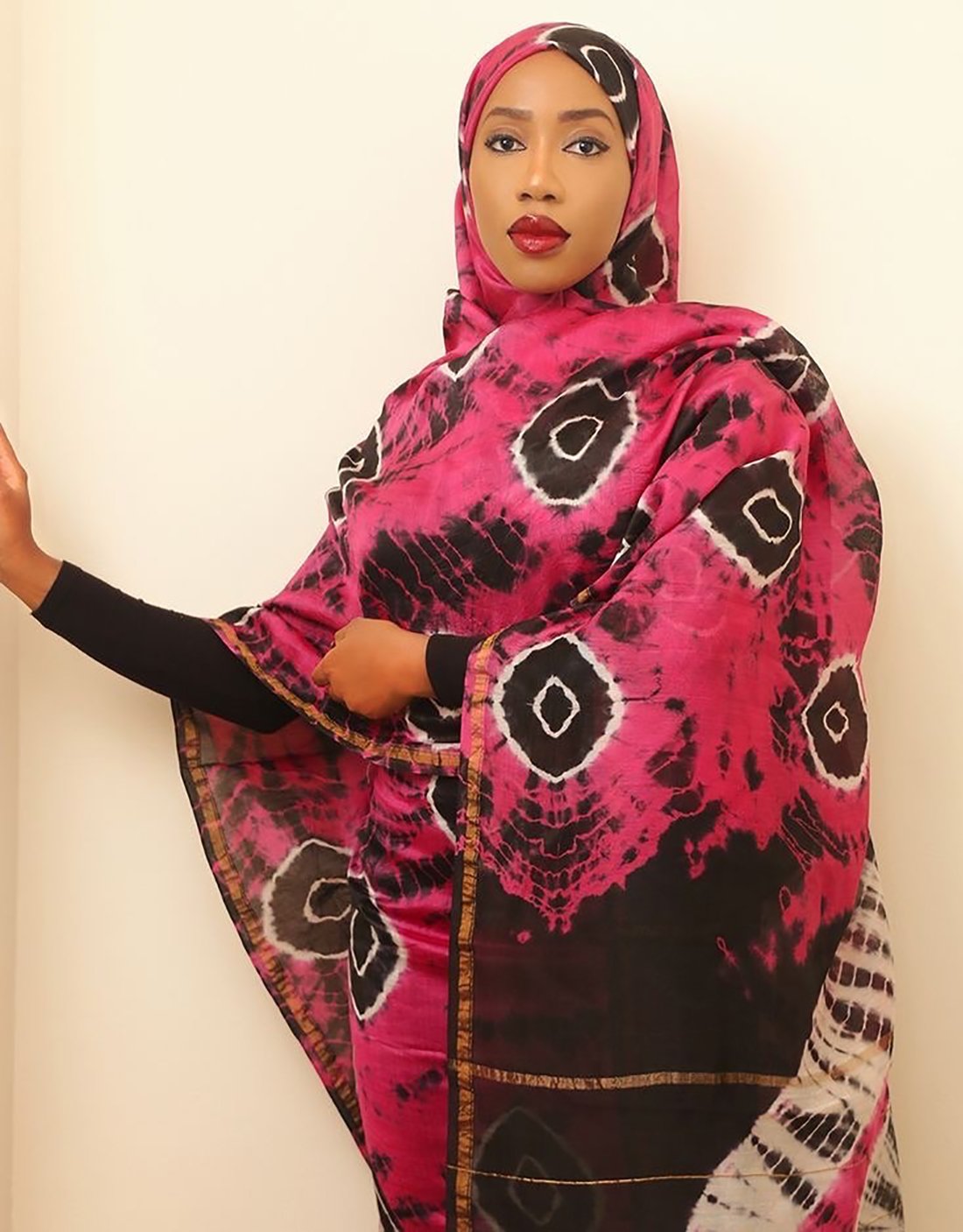
Leave a comment
Your email address will not be published. Required fields are marked *